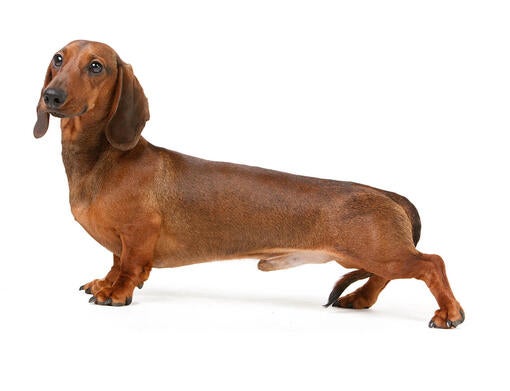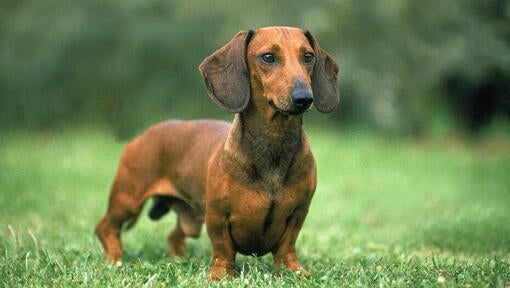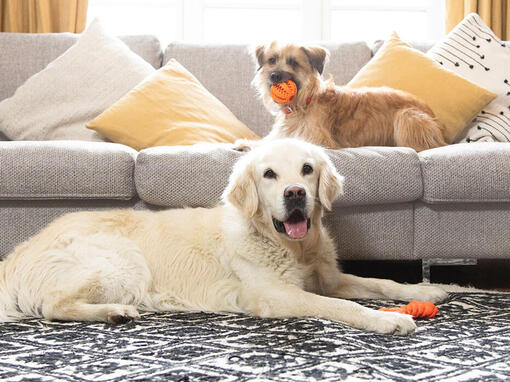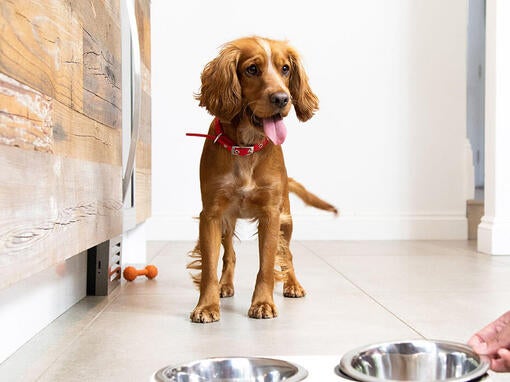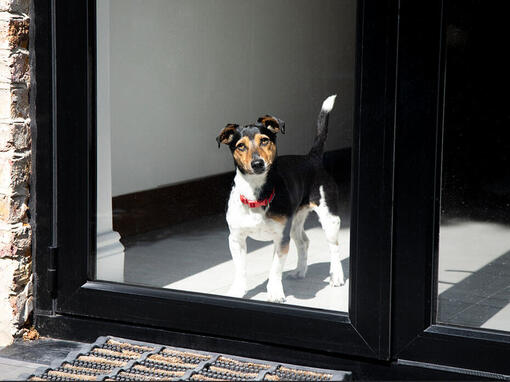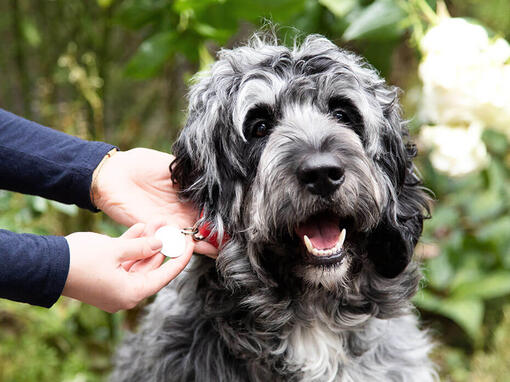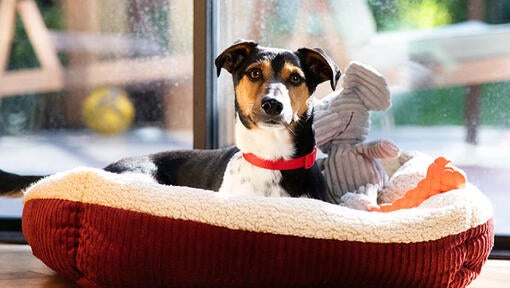- Dog suitable for owners with some experience
- Some training required
- Enjoys gentle walks
- Enjoys walking an hour a day
- Small dog
- Minimum drool
- Requires grooming once a week
- Non hypoallergenic breed
- Very vocal dog
- Guard dog. Barks and alerts
- May require training to live with other pets
- May require training to live with kids

